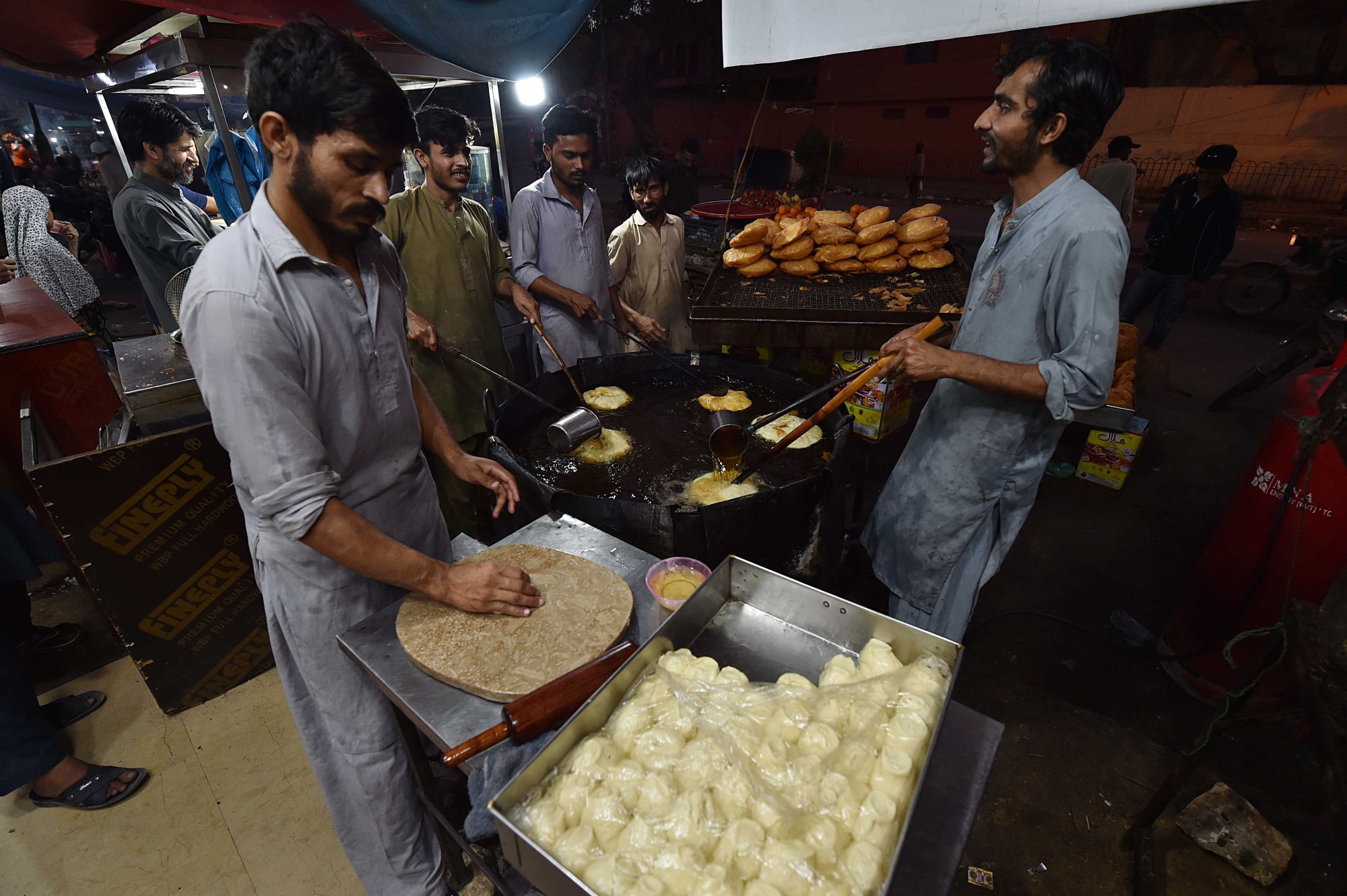
From Indonesia to Pakistan, Muslims in Asia welcome holy month of Ramadan with concern amid Israel-Gaza war, inflation
- In Indonesia, the world’s largest Muslim nation, Ramadan will be more difficult amid soaring food prices, inflation and a poor local rice harvest
- This year, war and starvation in the Gaza Strip casts an especially dark shadow on the festivities
But as they savour the traditions of their own diverse communities – from holiday treats to evening diversions – the tribulations faced by fellow Muslims are never far from anyone’s mind. This year, war and starvation in the Gaza Strip casts an especially dark shadow on the festivities.
Many are also struggling to buy food as inflation remains high in many countries and has worsened in some.
Israel-Gaza war divides Southeast Asia as trade, religion determine responses
Still, even Muslims who are struggling economically or otherwise look forward to what are widely seen as the true blessings of the holy month – prayer and reflection, nurtured by the day-long fast, and time spent with loved ones.
At sundown, many will break the fast with a date or two, as the Prophet Muhammad was said to have done, before attending evening prayers.
Then they will gather for iftar, a typically lavish feast shared with friends and family, and a festive atmosphere will prevail late into the night.

In Indonesia, high prices threaten holiday feasts
Muslims liven up their iftar spreads with their own local delicacies.
In Indonesia, with the world’s largest Muslim population, Ramadan rituals vary by region, reflecting the country’s rich and varied culture. Many celebrate with rendang – meat braised in coconut milk and local spices.
This year, it will be harder to come by, as the country grapples with soaring food prices because of worldwide inflation and a poor local rice harvest.
Sari Yanti, a mother of three, stood in a long line at one of several distribution points in the capital, Jakarta, to purchase state-subsidised rice and other staples, saying it had never been this bad. “Prices are going up nowadays – anything to do with cooking is rising,” she said.
Mosques and charities across the Muslim world organise free iftars for the poorest, and sometimes it’s the only meat they will eat all year.
Asean urges ‘immediate ceasefire’ as Malaysia warns time running out for Gaza
Pakistan, a city that doesn’t sleep
No one does Ramadan better than the people of Karachi, at least according to Maulana Tanveer Ul Haq Thanvi, an Islamic scholar in the city in southern Pakistan.
The congregation at his family-run mosque swells from 10,000 to 15,000 during the holy month, and volunteers are working to make sure there is enough space, food and water for the sunset prayers.
“In Ramadan, our prayers are heard, and the religious observance is day and night,” Thanvi said.
“People want to help others who are needier than them, even those who don’t have much to give.” His sermons will focus on “how people should behave with each other, including when Ramadan is over.”
At sundown, many will break the fast with a date or two, as the Prophet Muhammad was said to have done, before attending evening prayers. Then they will gather for Iftar.
“Locals don’t go to sleep. You’ll see kids playing cricket in the street after iftar,” Thanvi said.

Israel-Gaza war concerns
Ramadan is the ninth month of the Islamic lunar calendar; the month cycles through the seasons and the months in the Gregorian calendar.
Muslims try to avoid conflict and focus on acts of charity during the holy month. However, the war in the Gaza Strip is looming large over this year’s Ramadan for many Muslims.
The war began on October 7 with Hamas’ attack on Israel that killed around 1,200 people and saw 250 others taken hostage. Israel responded with a grinding war targeting the Gaza Strip that so far has seen more than 30,000 Palestinians killed and an intense siege of the seaside enclave, cutting off electricity, food and water.

